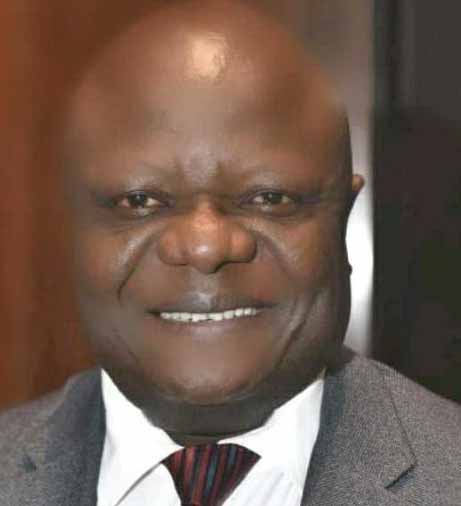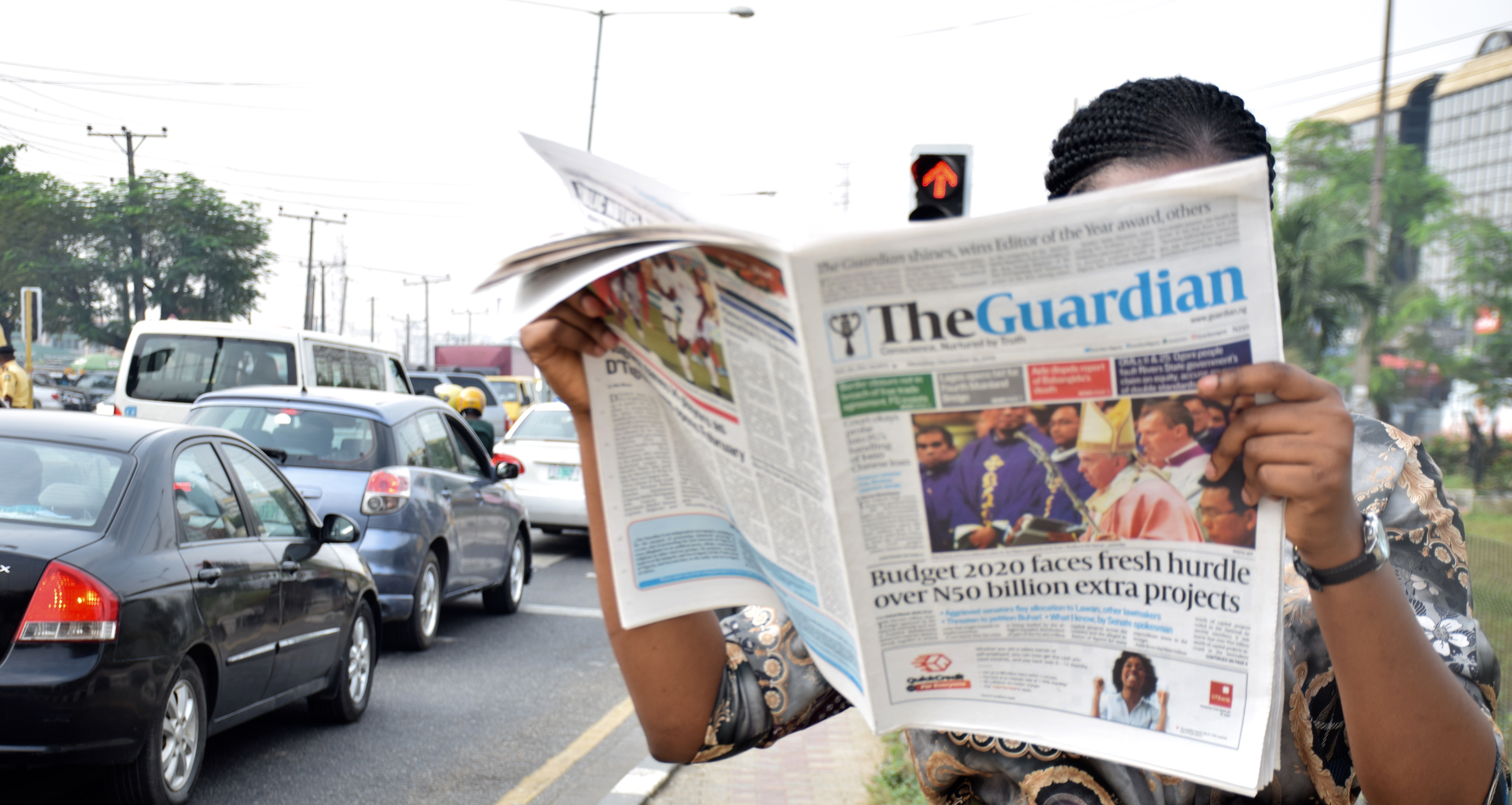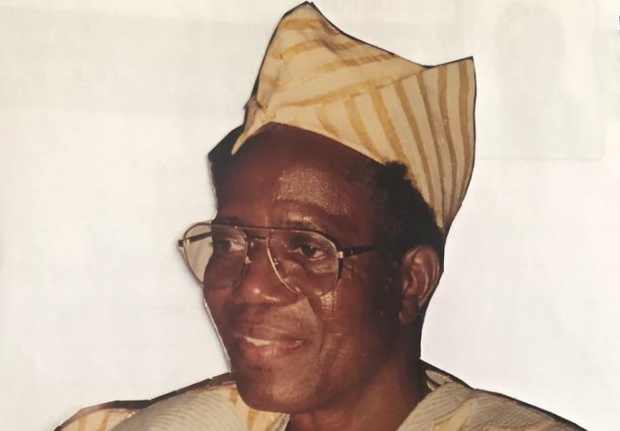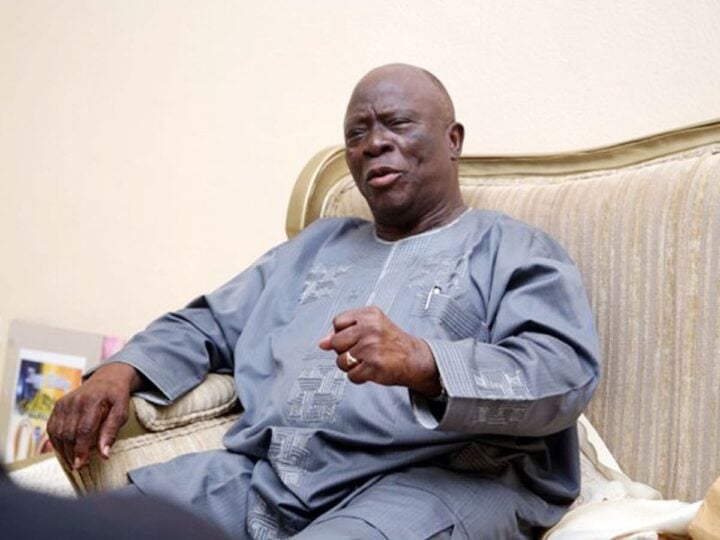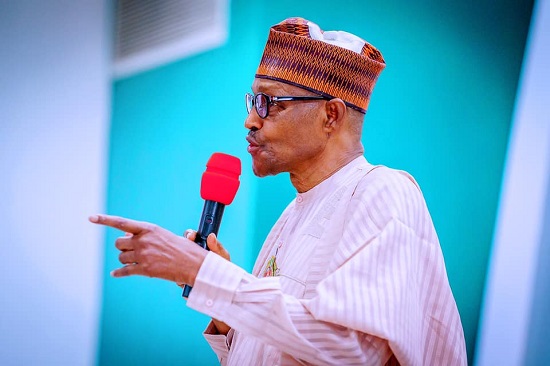There cannot be a greater honour than having your very reputable former bosses, supported by your esteemed colleagues, inviting you to share an experience. It looks like a request for a report card, after you were released ages ago, and, at once, like an evaluation meeting before other possibilities. While you were delighted with the invitation, you must also be concerned about the uphill task on what else to add to the creative dispositions of a passel of brilliant and successful ex-The Guardian Abuja based professionals.
I mean a group comprising names like Babatunde Ogala (SAN), Senators Ayogu Eze, Babafemi Ojudu, Kingsley Osadolor, Olusegun Adeniyi, Fred Ohwahwa, Okey Ikechukwu, Dapo Olorunyomi, Laolu Akande, Paul Nwabuikwu, Andy Ezeani, Chukwuma Nwoko, Ohi Alegbe, Camillus Eboh, Jide Olatuyi, Raheemat Momodu, Prisca Egede, Etim Etim, Prof. Godwin Sogolo, Abdul Oroh, Bankole Ebesemiju, Dan Akpovwa, Sony Aragba-Akpore, Alex Okoh, Timeyin Uwejamomere, Dulue Mbachu, Madu Onuorah, Tajudeen Kareem, Tive Denedo, Osaretin Imahiyereobo, and a host of some important others.
Regardless, the conversion from newsroom to classroom that my bosses imagined was not as deliberate as the invitation to talk about it. That transition was a happenstance, or a construction of providence, assisted by a readiness to kowtow. I will explain. You were deep in reporting an unfolding political process, through the prism of the Senate, on the back of covering an elongated, convoluted transition, or democratisation process. You were enjoying the thrills and the frills and thought to make one last attempt at the highly sought after British Chevening Scholarship, after two attempts.
And then you were successful. You were to spend only a year in England, for a Master’s Degree, and back to your job, buoyed by the strict return policy of the awarding institution. But who can tell? First semester over, the British University advertised opportunities for part funding for International students for PhD. You, however, have to have a PhD admission in hand, which would be partly based on your performance in an ongoing Master’s programme. You applied. You got admitted but failed to get the scholarship.
No matter. You applied for another opportunity, and were successful-just like that, and closing the thoughts of your immediate return to Nigeria, after one year. At least another three years was ahead of you. You finished after three and a half years of near misses, of almost there and not there, of having to write and re-write a sentence countless times, of engaging a thousand and one books, and over again; and of enjoying the perception from home that it is pleasurable to be in the West.
Advertisement
“Return home, don’t return home”. The back-and-forth thoughts predominated, leading to an exploit at the Oxford Internet Institute, until an exchange with Olusegun Adeniyi, then presidential spokesman, on email. “Brains like yours have to be home. You should return”, he said, and followed it up with an invitation to bid for World Bank Contract at the Bureau of Public Procurement (BPP). His recommendation was strong. His influence was great. His selflessness was palpable. The rest is history.
Contract over. What next? The university came calling, part time or full time. One of the greatest challenges from crossing into academia is the gap between journalism communication, and the academic one. The license of the journalist is limitless. He could juggle with words, even dance with it, pushing here, there and yonder, most particularly in analysis. He may be flowery, prosaic, descriptive, and sometimes opinionated.
Agitated, the journalist can be messianic, acting like a missionary, an agent of change, and need you to appreciate all that in his writings: often hurried, spontaneous, and continuing. He is free, permitted and confident. You are mistaken if you take that confidence to the classroom. Academic writing is miles apart. It is more direct, dense, less opinionated, and should be evidence based by the seconds. Your opinions might come in (maybe as hypothesis), but should be in the wake of empiricism, some research, backed by verifiable references.
Advertisement
Sometimes uninteresting, sometimes turgid, even boring, they lead to an arithmetic reality, a rock-solid submission on an aspect of life, or a thread of argument. Unlike the journalist that could get published with one or two known editors reviewing his copy, they would publish the academic after much more numbers of editors, unknown to him, in what is regarded as blind review. Unlike the journalist too, the academic may have to write a sentence or paragraph, many times over, and over; and even over again, until end time (symbolically), as against a deadline.
Their audiences also differentiate their writings. While many read the press, a fewer audience, most times reads the academic writer. The academic reading audience is far limited, often more inward looking, than the journalist overall. The academic could also be very more enduring, and groundbreaking, while the journalist could be less so, even if it provides the quicker learning curve, the faster information, and an instantaneous entertainment.
The point to be made however is that the transition from journalism to academic writing can exasperate, despite the commonality of lettering. While the writer in the journalist is helpful to beginning an academic career, a greater degree of patience, tolerance, humility and endurance is needed to cope with the enhanced level of exertion, of badgering your submissions, of being ripped apart, trusting that the end is to produce a more diversified you.
Let’s see again: The academic engages in continuous researches, teaches, does community service, performs administrative responsibility, some consultancy, and more, while the journalist reports, interprets and does analyses, and is involved in development activity, aside agitations. Both hands are full, therefore.
Advertisement
Which do I prefer? Please find the answer in the choice between a shorter, or a longer walk to the marketplace? While the long distance could enable you exercise your body, towards physical health, the shorter is quicker to your goal, and you can think of exercising later, if you are concerned about your wellbeing. Both tracks are productive, but just the time, and chance on hand. Check! Arguably then, the two fields are cousins, not only in needing writing as a tool, but in their earnings.
This is because both careers are unlikely ways to the millionaires’ club, even though you could attain marginal comfort, if all was well. Both rely on deep inspirations, reflexions and reflections, aside a drive for understanding and knowledge. Curiosity, observation, investigations, asking and finding answers to questions also unite them.
One dislikes absolute reasoning, prefers circumspection, and a search for, and filling of so-called gaps. The other may be presumptuous in analysis (sometimes salacious and sensational), but at once informing, educating, and entertaining. One requires some special, additional qualification, even higher ones, tailor-made to specializations, while the other may only be contended with an obvious talent, a flair, and passion, which could also be honed by some minimum or maximum qualifications.
One can be heard, flamboyant, outgoing, connected, go-getting, effective, and influential, while the other could be more sober, conservative, more critical, contemplative, unheard, but also productive. But see this secret: One of them subtly regards the other as not thorough, and somewhat ephemeral, while another sees the other as rigid, time waster and uninteresting. Which do you prefer? Your choice, but better to enjoy what you do, and be the best that you can, anywhere and every time. Over.
Advertisement
Being text of lead presentation at the 3rd Re-Union Meeting of The Guardian Newspapers Alumni, Abuja Chapter, June 5, 2021, at Lagos Bistro, Art Dec District, Abuja.
Advertisement
Views expressed by contributors are strictly personal and not of TheCable.
Add a comment
